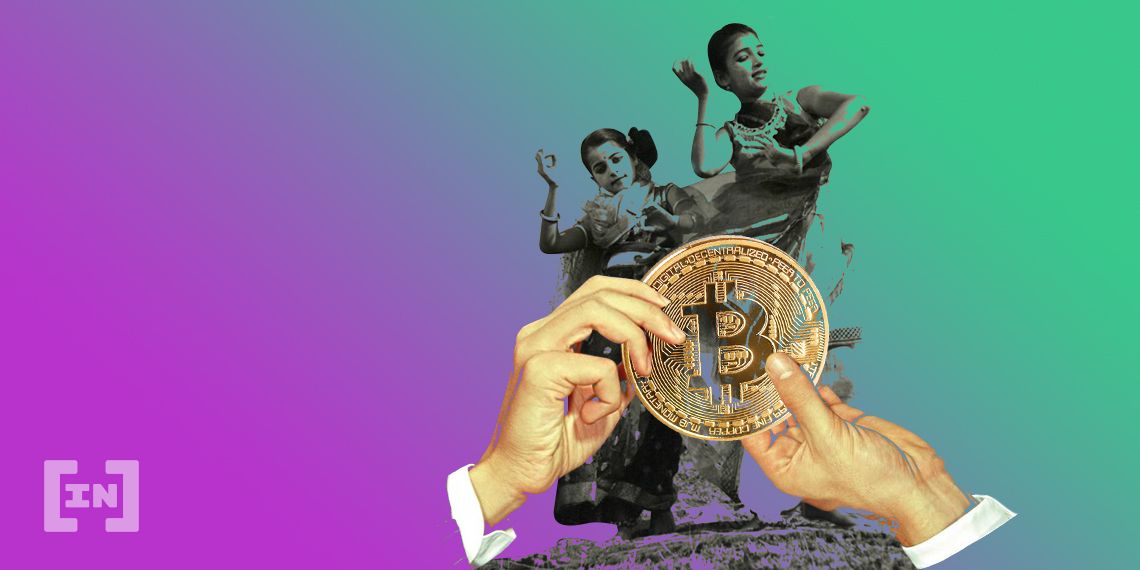Despite regulatory uncertainty surrounding cryptocurrencies in India, India’s oldest crypto exchange ZebPay expects to continue increasing its trading volume.
Founded in Gujarat in 2014, ZebPay currently has about 4 million customers. However, CEO Rahul Pagidipati says the exchange has seen an explosion in demand recently. Due to this, he expects trading volume to double to $2 billion per month. By the end of the year, he expects ZebPay trading volumes to generate $25 billion.
Overwhelming Demand
While there are clear risks and concerns about India’s official policy on crypto, Pagidipati is confident they will fade as crypto becomes more established. “When an airplane is first invented you would not want to fly as it might not be safe,” he said. “But with each year it gets safer.” His firm, now based in Singapore, follows strict anti-money laundering (AML) regulations.
Pagidipati has owned digital assets for a decade. In spite of bitcoin’s rising prices, he expects demand to continue rising. He sees it reaching $100,000 by the end of the year. “There is a massive demand for cryptocurrencies,” he said. “It is like Apple stock, expensive but valuable.”
Although $2 billion in trading volume per month is less than one-fifth of that of American crypto exchange Coinbase, Pagidipati says India is a vast untapped market. “India holds less than 1% of the world’s crypto currencies and its potential investor base is 100 million,” says Pagidipati, who owns two-thirds of ZebPay with his wife. He feels that given the strong user base and demand India will not ban cryptocurrencies.
Risking India’s Potential
In fact, this is what has been happening. Although India banned crypto transactions in 2018, the Supreme Court rescinded the prohibition due to petitions against it last year. However, similar legislation is still in the cards.
According to a recent announcement, the Indian Parliament plans to proceed with banning private cryptocurrencies. Additionally, it may consider banning them altogether once again.
However, Finance Minister Nirmala Sitharaman has his reservations. As the technology continues to grow across the world, he believes that India cannot afford to reject it out of hand. The country has become a growing player in the Fintech sector. The Finance Minister feels that banning cryptocurrencies outright is not worth compromising that potential.
Currently, the Indian government is holding talks with the Reserve Bank of India to agree on an official position regarding cryptocurrencies, Sitharaman noted.
Disclaimer
In adherence to the Trust Project guidelines, BeInCrypto is committed to unbiased, transparent reporting. This news article aims to provide accurate, timely information. However, readers are advised to verify facts independently and consult with a professional before making any decisions based on this content. Please note that our Terms and Conditions, Privacy Policy, and Disclaimers have been updated.


